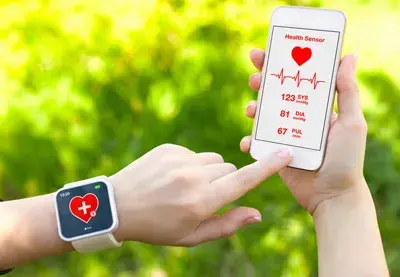Mobile apps are radically changing the way doctors and patients interact and approach healthcare. Over the last few years, several medical mobile applications were developed that offer quick access to evidence-based medical research from mobile devices. These apps are making it possible for physicians as well as patients to view x-rays, review clinical notes, track health progress and access information regarding any medical condition through major mobile platforms such as iPhone, Android, Blackberry, and Windows. Many physicians are also recognizing the positive possibilities for increased communication with mobile health apps.
According to recent data from Manhattan Research’s Taking the Pulse® U.S. 2014 study, more than 30 percent of physicians recommend mobile health apps to their patients. The poll was conducted during the first quarter of this fiscal year. The online survey polled 3,066 practicing physicians across several specialties, including:
- Cardiology
- Gastroenterology
- Primary care
- OB-GYN
- Oncology
In addition to recommending health apps, the survey found that 47% of physicians who owned Smartphones used the devices to show patients relevant videos or images.
Further findings of the study include:
- Two in five physicians agreed that “using digital technology to communicate with patients will improve patient outcomes,” and the same amount reported that they have increased their use of digital tools to communicate with patients over the past year.
- Nearly 25% of physicians used secure patient portals to communicate with patients over the past year.
- More than 20% used secure messaging platforms to communicate with patients.
- More than 20% used remote patient monitoring.
Apart from the apps that help people in the domain (surgeons, physicians and students), there are many that are targeted towards patients and consumers to help improve their overall healthcare experience. The use of healthcare applications on mobile devices is likely to have considerable impact on medical treatment as consumers are using mobile devices to take more responsibility for their own health care.




